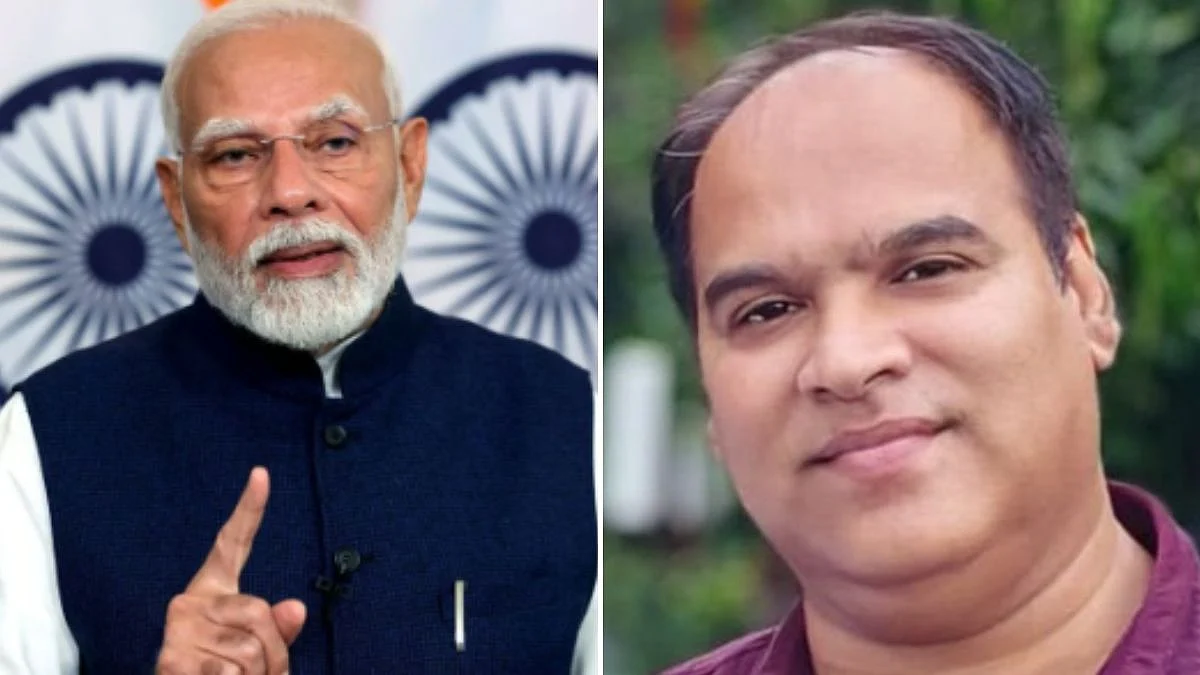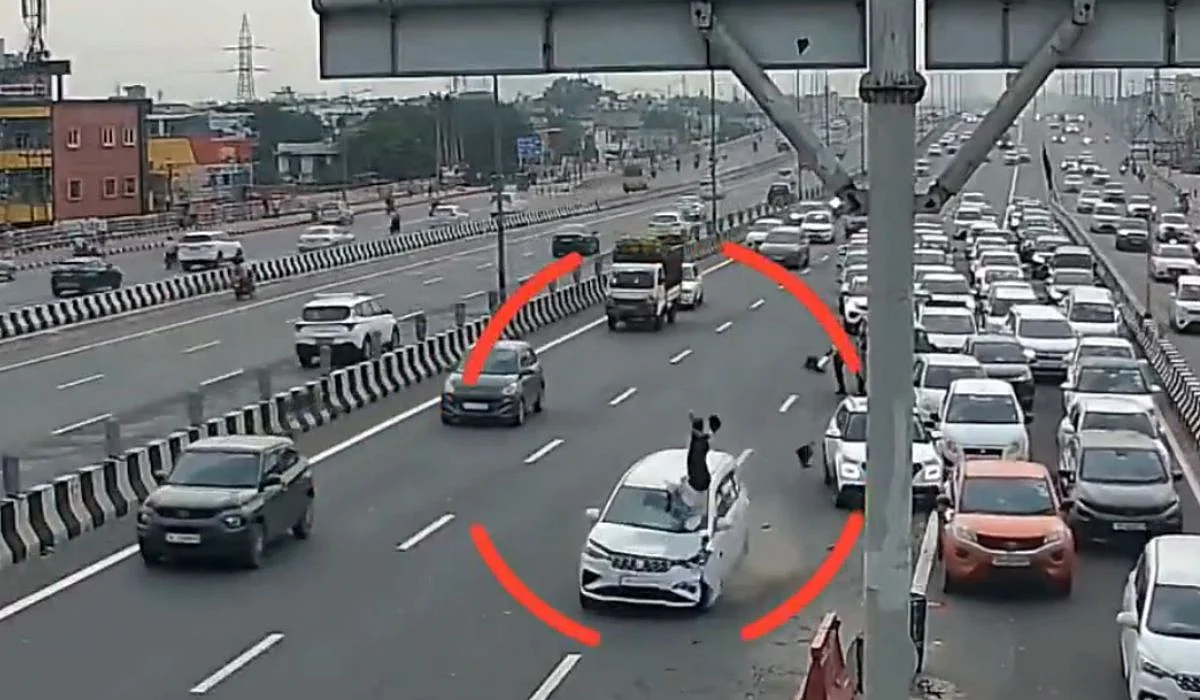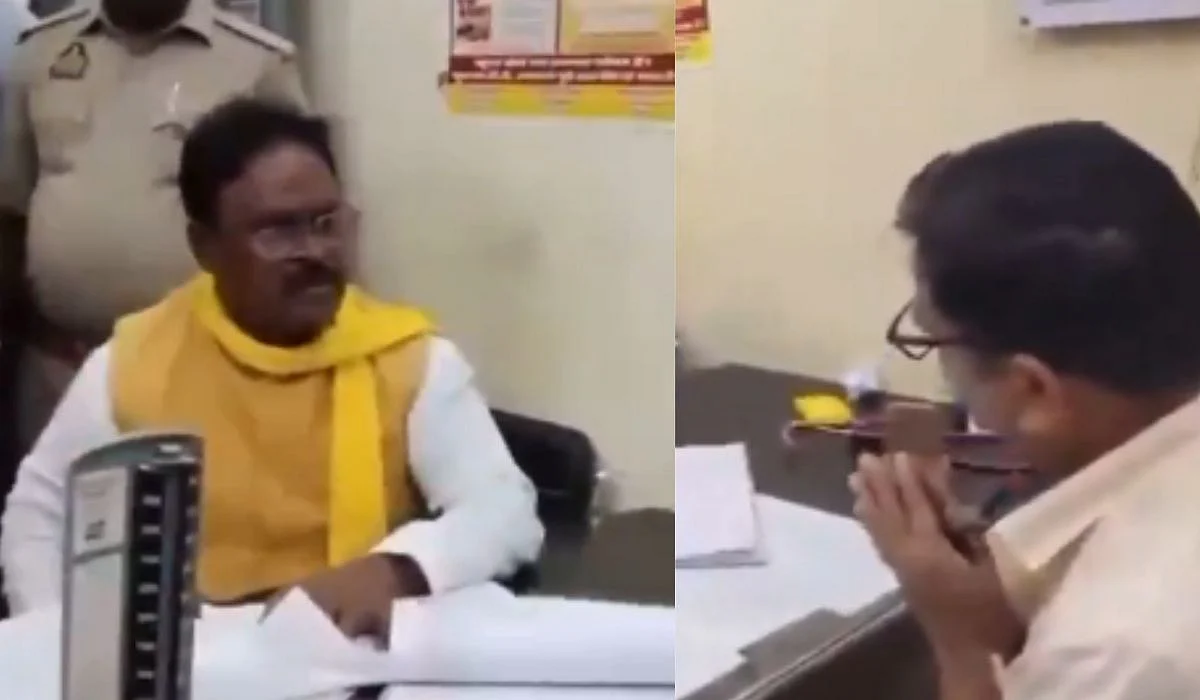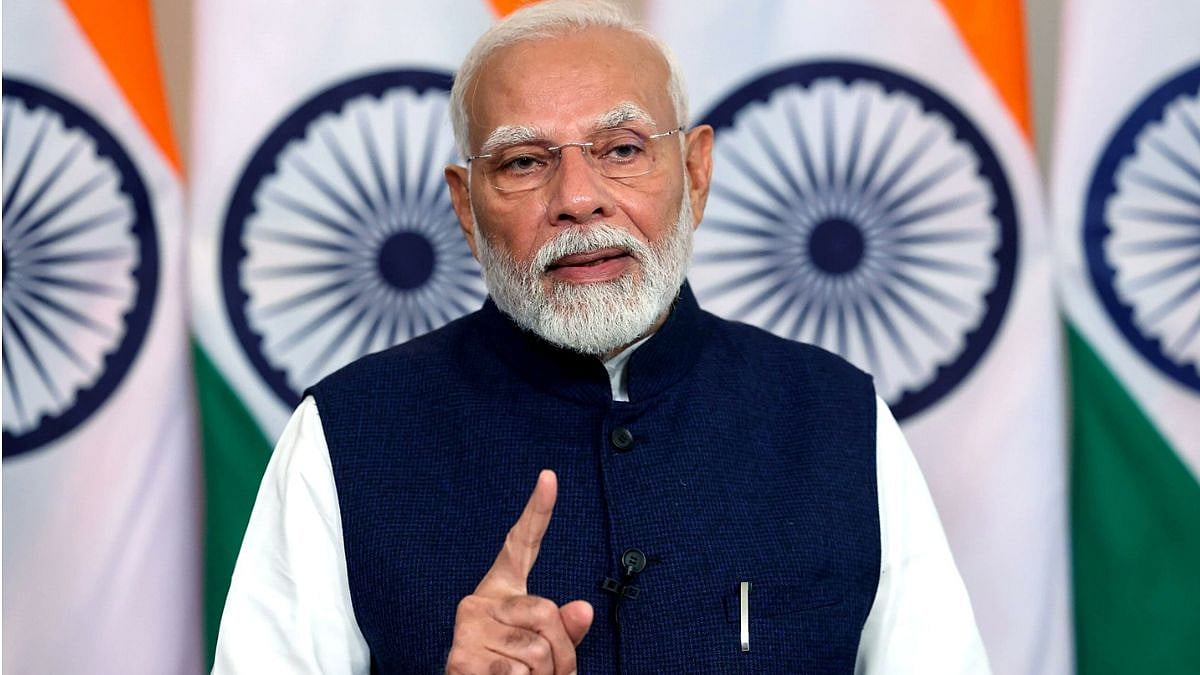Lucknow: The Uttar Pradesh government is preparing to tighten its electric vehicle subsidy regime so that only vehicles manufactured within the state qualify for financial support. A proposal has been drafted and sent to the government for approval, with officials indicating that the change is likely to take effect from October 14, the date on which the existing EV policy completes three years.
About The Proposed Change
Until now, buyers in Uttar Pradesh could claim subsidy on EVs manufactured anywhere in India. The proposed change is aimed at nudging companies to establish plants in the state and strengthen the local supply chain. “Linking the subsidy to vehicles made in Uttar Pradesh will draw investment and create jobs while boosting the state’s EV ecosystem,” a senior transport department official said.

Transport Commissioner B N Singh's Statement
Transport Commissioner B N Singh confirmed that a revision is under active consideration. “Subsidy and waivers on tax and registration are currently available on EVs purchased in the state. As the policy completes three years in October, the government will decide on limiting the subsidy to vehicles manufactured in Uttar Pradesh,” Singh said.
About Uttar Pradesh's EV Policy
The state’s EV policy was first launched on October 14, 2022, to promote green mobility and reduce the upfront cost of ownership. It provided buyers with complete exemption from road tax and registration fees for three years. Those who had already paid these charges were refunded. According to official data, subsidies worth Rs 60 crore have been disbursed so far, including nearly Rs 40 crore released since April this year after the disbursal process was streamlined at the RTO level.
The incentive structure currently offers buyers up to Rs 20 lakh depending on the vehicle category. The breakdown includes Rs 5,000 for a two-wheeler, Rs 1,00,000 for a four-wheeler, Rs 20,00,000 for an electric bus and Rs 1,00,000 for an e goods carrier. So far, 17,665 vehicle owners have received subsidy, while 38,285 applications are still pending.

Industry watchers say the move could reshape the market in Uttar Pradesh by tilting demand toward companies willing to commit to local manufacturing. They also warn that infrastructure support will be critical. “Tying benefits to local production can be a strong investment signal, but without adequate charging infrastructure and logistics, the market may not grow as expected,” said Ankit Gupta, an EV industry analyst based in Noida.
Consumers, however, appear optimistic. “If companies set up plants in Uttar Pradesh, vehicle prices could come down and servicing would be easier. It will be good for buyers like us,” said Ramesh Tiwari, a Lucknow resident who recently applied for a subsidy on an electric scooter.
The Uttar Pradesh model contrasts with approaches taken by other states such as Maharashtra and Tamil Nadu, which have also rolled out ambitious EV policies. Maharashtra has focused on direct purchase incentives, road tax waivers, and a large network of public charging stations to boost adoption. Tamil Nadu, on the other hand, has positioned itself as a manufacturing hub by offering land, infrastructure support, and capital subsidies to attract global EV companies, while keeping consumer incentives modest.
Uttar Pradesh’s decision to link subsidies exclusively to locally manufactured vehicles suggests a hybrid approach that blends consumer benefits with an aggressive push for industrialisation. Analysts say the coming months will reveal whether this strategy helps the state catch up with southern rivals in attracting EV investments while sustaining buyer interest.











